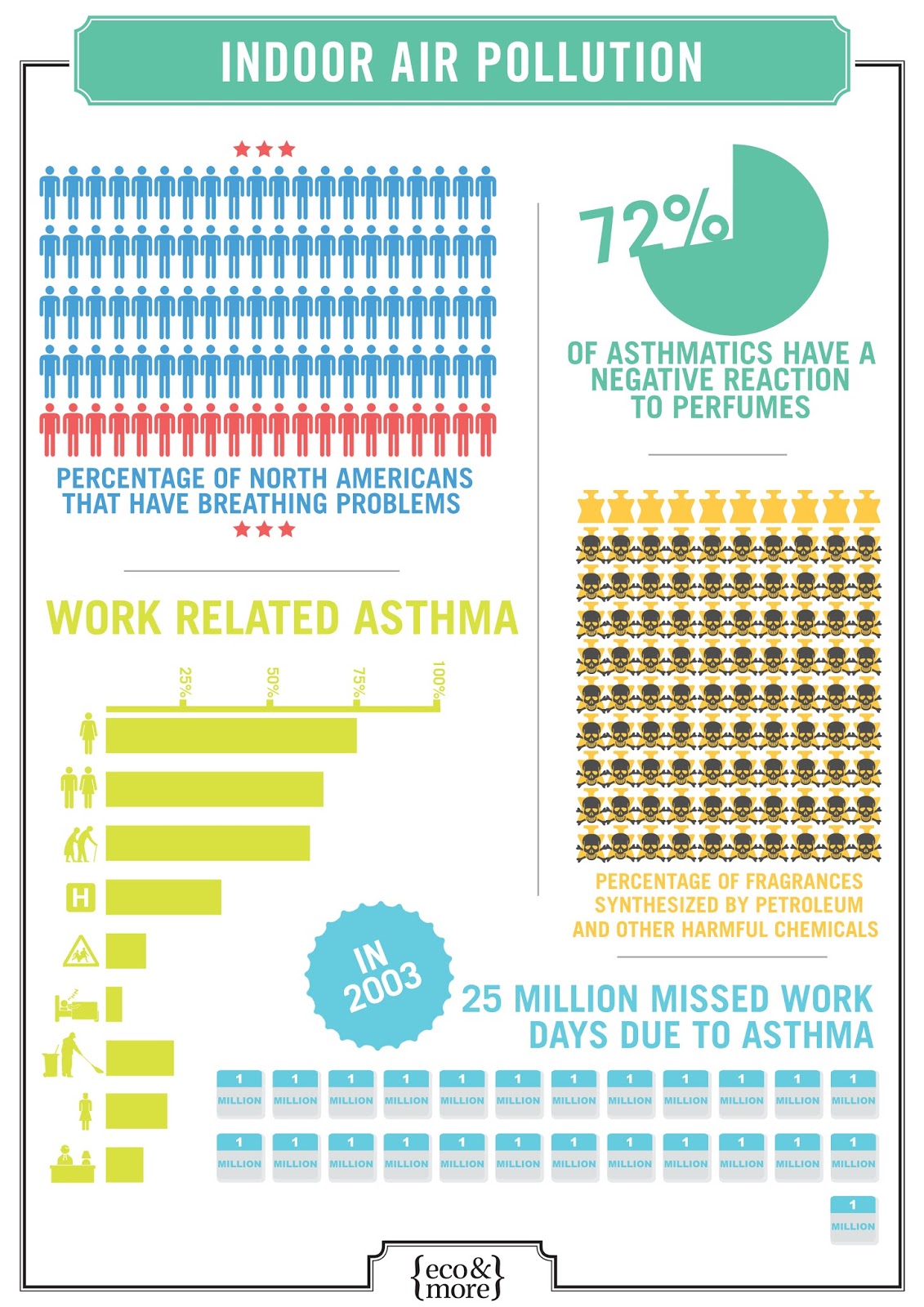The Future Of Home Home Heating - How Heatpump Innovation Is Developing
The Future Of Home Home Heating - How Heatpump Innovation Is Developing
Blog Article
Content Produce By-David Oliver
Heat pumps will be a vital modern technology for decarbonising home heating. In a scenario regular with governments' revealed power and environment commitments, their global ability increases by 2030, while their share in home heating rises to one-quarter.
They function best in well-insulated homes and rely on electricity, which can be provided from an eco-friendly power grid. Technical innovations are making them extra effective, smarter and cheaper.
Gas Cells
Heatpump make use of a compressor, cooling agent, coils and followers to relocate the air and warm in homes and devices. https://www.ratchetandwrench.com/articles/12409-email-marketing-six-tips-for-better-results can be powered by solar energy or electrical power from the grid. They have actually been acquiring popularity because of their inexpensive, silent procedure and the capacity to produce electricity throughout peak power demand.
Some companies, like IdaTech and BG MicroGen, are servicing gas cells for home heating. These microgenerators can change a gas central heating boiler and create several of a house's electrical needs with a link to the electricity grid for the rest.
Yet there are reasons to be hesitant of using hydrogen for home heating, Rosenow claims. It would certainly be costly and inefficient contrasted to other modern technologies, and it would contribute to carbon emissions.
Smart and Connected Technologies
Smart home modern technology permits house owners to connect and control their gadgets from another location with making use of smart device apps. As an example, clever thermostats can learn your heating choices and instantly get used to optimize energy consumption. Smart lights systems can be regulated with voice commands and instantly turn off lights when you leave the space, lowering energy waste. And clever plugs can monitor and manage your electric use, permitting you to determine and limit energy-hungry home appliances.
The tech-savvy family portrayed in Carina's meeting is a good image of exactly how residents reconfigure space home heating methods in the light of brand-new wise home modern technologies. They depend on the devices' automatic features to perform daily modifications and regard them as a hassle-free methods of conducting their heating practices. As such, they see no factor to adapt their practices further in order to allow flexibility in their home energy demand, and interventions targeting at doing so may encounter resistance from these homes.
Power
Because warming homes accounts for 13% people emissions, a switch to cleaner choices can make a big difference. Yet the modern technology faces difficulties: It's costly and needs comprehensive home restorations. And https://donovanidxrk.snack-blog.com/29259733/are-warmth-pumps-one-of-the-most-efficient-hvac-solution-for-your-home-a-comparative-analysis 's not constantly suitable with renewable energy sources, such as solar and wind.
Up until recently, electric heatpump were also costly to compete with gas designs in the majority of markets. Yet brand-new technologies in design and materials are making them extra inexpensive. And much better chilly environment efficiency is enabling them to work well also in subzero temperature levels.
Recommended Browsing in decarbonising heating may be making use of heat networks, which attract warmth from a central source, such as a nearby river or sea inlet, and disperse it to a network of homes or buildings. That would certainly minimize carbon exhausts and allow houses to capitalize on renewable resource, such as environment-friendly power from a grid supplied by renewables. This option would be less pricey than switching to hydrogen, a fossil fuel that needs brand-new facilities and would only minimize CO2 discharges by 5 percent if coupled with enhanced home insulation.
Renewable resource
As power rates drop, we're starting to see the exact same fad in home heating that has actually driven electrical automobiles into the mainstream-- yet at an also faster speed. The strong environment case for electrifying homes has been pressed better by new research.
Renewables represent a significant share of modern heat consumption, however have been given limited policy interest around the world compared to various other end-use fields-- and even less interest than electricity has. Partly, this reflects a mix of consumer inertia, divided incentives and, in numerous countries, aids for fossil fuels.
New modern technologies can make the change less complicated. For instance, heat pumps can be made more power effective by changing old R-22 refrigerants with brand-new ones that do not have the high GWPs of their precursors. Some professionals likewise imagine district systems that draw heat from a neighboring river or sea inlet, like a Norwegian arm. The warm water can then be utilized for heating and cooling in a neighborhood.